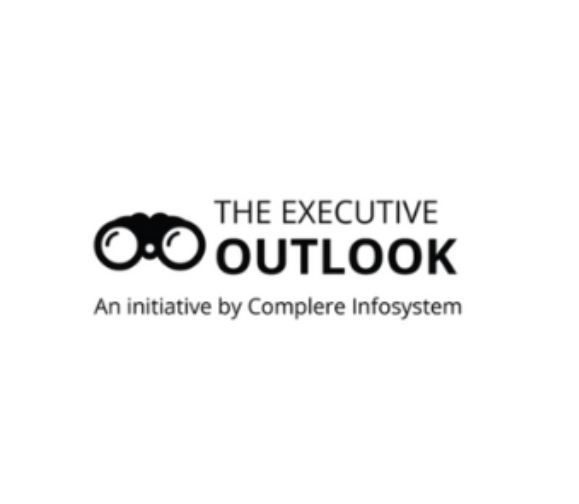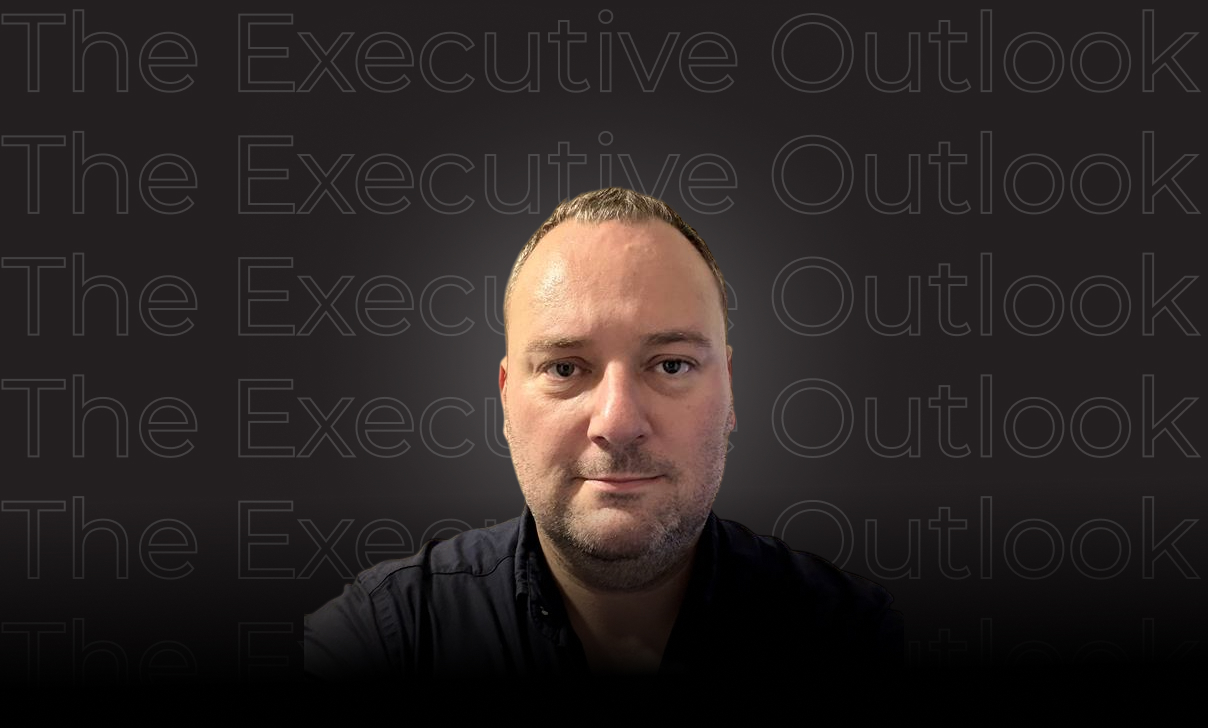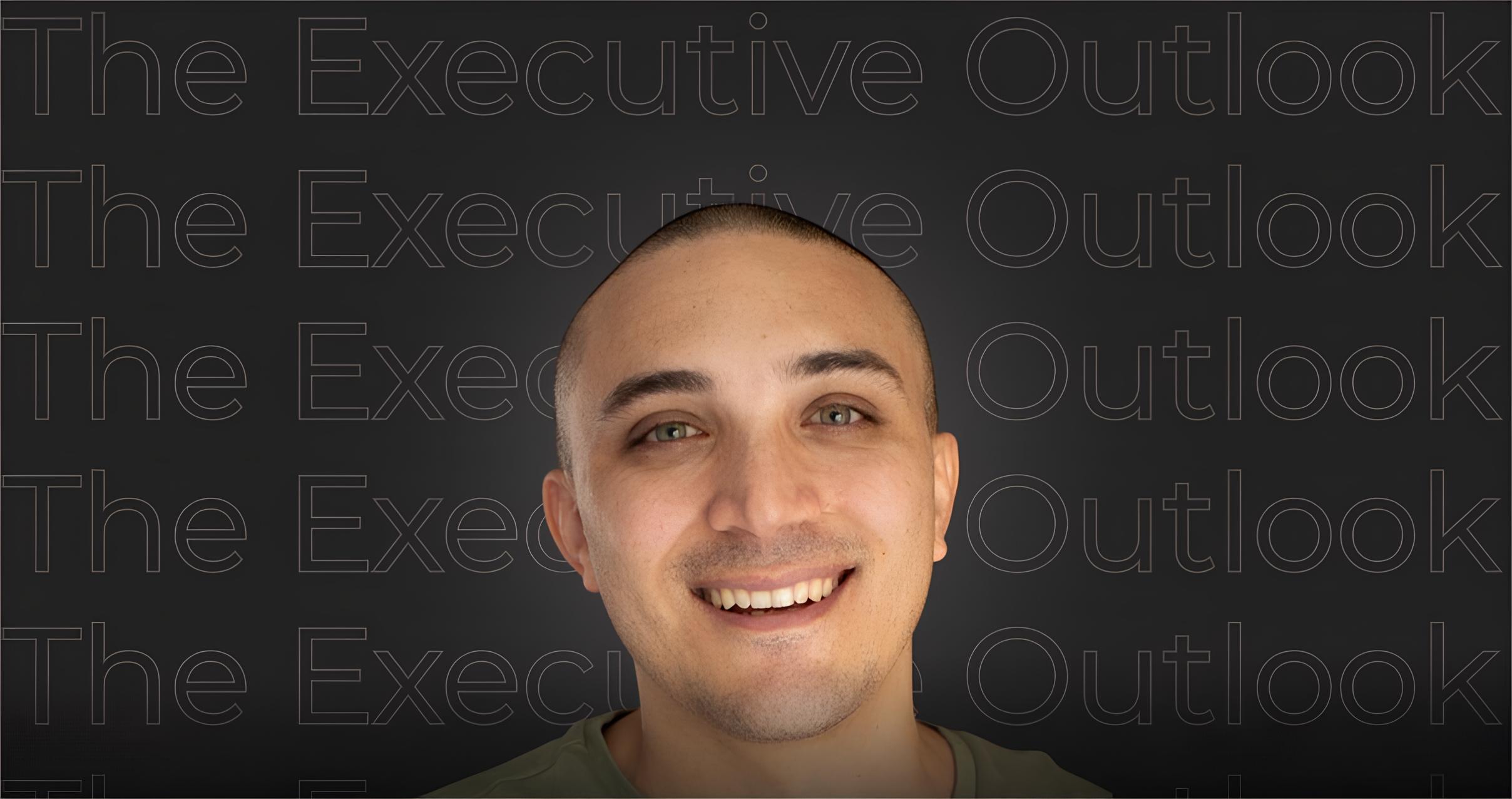In this edition of The Executive Outlook, we were joined by Stuart McDonagh, an experienced COO, CDO, CIO, and Advisor with a wealth of experience in both the private and public sectors. With a career that spans two decades, Stuart has led digital-first initiatives and built high-performing teams through people-first leadership and data-driven strategies. His journey is one that speaks to resilience, change management, and adapting to the constantly shifting landscape of business and technology.
Watch the full conversation on YouTube by clicking the link below:
Editor Bio

I’m Isha Taneja, serving as the Editor-in-Chief at "The Executive Outlook." Here, I interview industry leaders to share their personal opinions and provide valuable insights to the industry. Additionally, I am the CEO of Complere Infosystem, where I work with data to help businesses make smart decisions. Based in India, I leverage the latest technology to transform complex data into simple and actionable insights, ensuring companies utilize their data effectively.
In my free time, I enjoy writing blog posts to share my knowledge, aiming to make complex topics easy to understand for everyone.





